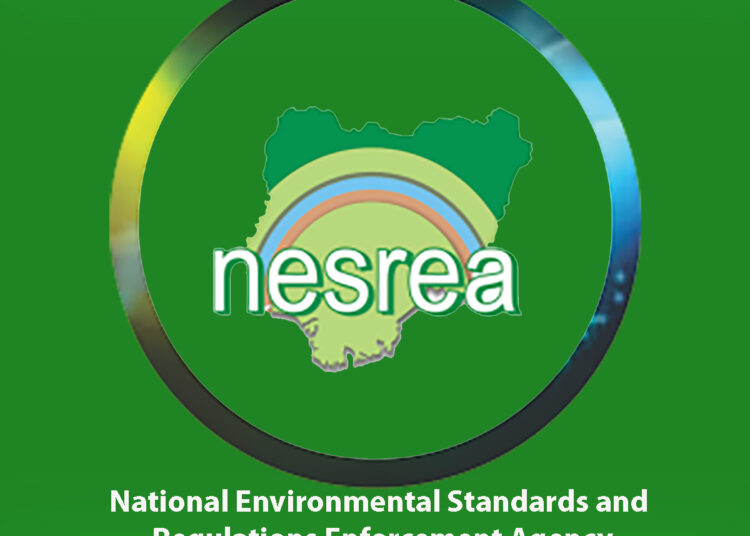The National Environmental Standards and Regulations Enforcement Agency (NESREA) has announced that the ban on Single-Use plastics will be enforced nationwide, starting with ministries, departments, and agencies (MDAs).
Similarly, the director-general of NESREA, Innocent Barikor, said a national environmental (plastic waste control) regulation is underway to tackle the menace of plastic pollution in Nigeria.
On August 6, 2024, the federal government banned single-use plastics in government-owned facilities.
Speaking at a press conference yesterday in Abuja, Dr Barikor said the agency carried out criminal enforcement procedures on a total number of 96 recalcitrant facilities across the different States of the Federation and the Federal Capital Territory (FCT) for various environmental Infractions in 2024 alone.
“NESREA would continue to do that if such facilities fail to meet their environmental obligations. That is a promise,” the DG stated.
To achieve effective environmental compliance monitoring and enforcement, NESREA has developed 36 National ecological regulations and various national environmental guidelines.
DG Barikor said the ultimate goal for NESREA is to achieve a culture of voluntary compliance from the regulated community, where facility operators proactively adhere to extant environmental legislations without the need for criminal enforcement action.
He told reporters that the government is also developing national guidelines for implementing the extended producer responsibility programme for (plastic) packaging in Nigeria and the enforcement policy alongside the plastic regulations.
“The Agency will begin the implementation of the two instruments in the Plastic Sector upon gazetting and publications, respectively.”
According to Barikor, the regulations are designed to achieve specific, targeted outcomes, such as improved air quality, environmental conservation, and reduced waste and hazardous substances exposure.
NESREA has commenced the implementation of circular economy principles in the country over the years through the extended producer responsibility programme, as enshrined in most of its regulations.
The DG said implementation has commenced particularly in the food and beverage, electrical/electronics, batteries, used tyres, domestic plastics, rubber and foam (and soon-to-be plastic waste) sectors.





